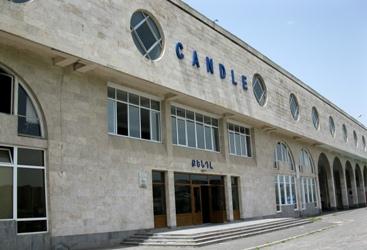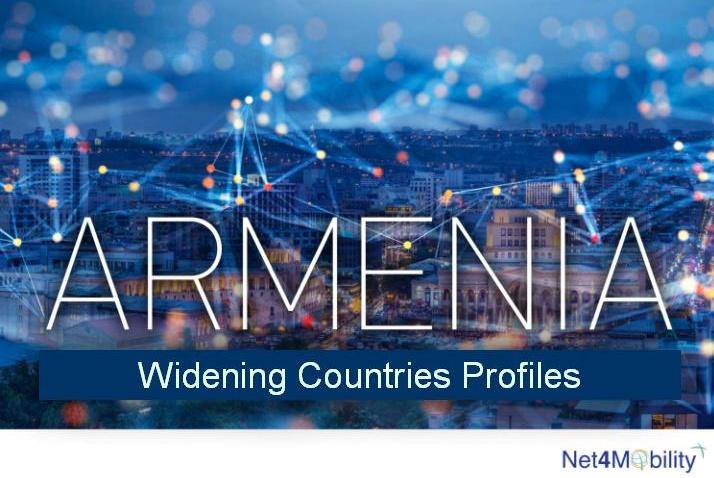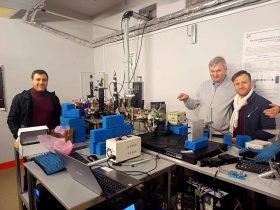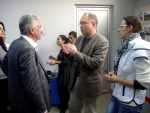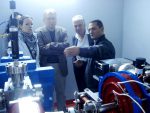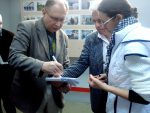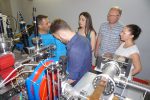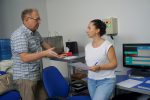July 31, 2019
A new 3-year research project on “Molecular and Cellular Effects of Ultrashort Pulsed Radiation”, submitted by an international team of scientists (headed by Prof A. N. Osipov, N.N. Semenov Institute of Chemical Physics, Moscow, Russian Academy of Sciences), has been approved by the Russian Science Foundation. The three-year project will be conducted within a close collaboration of N.N. Semenov Institute of Chemical Physics, Moscow Institute of Physics and Technology, A.I. Burnazyan Federal Medical Biophysical Center (Russia), Yerevan State University, Institute of Molecular Biology and CANDLE SRI (Armenia). The Armenian team is headed by Prof. Rouben Aroutiounian, head of Natural Sciences Division of National Academy of Sciences RA.
The applications of ultra-short pulses in radiobiology have a solid potential to revolutionize our understanding of the processes at cellular and molecular levels. In radiobiology ultra-short pulses allow precise dose-control induction of local effects on solid tumors with a minimal exposure of normal tissues and high instantaneous dose delivery within a time interval shorter than many chemical reactions. As compared to the time scale of radiobiological effects in cells, the ultrafast electron irradiation technology can make a revolution in radiation therapy of tumors.
In the framework of this project the experimental studies will be conducted by the ultrashort laser and electron pulses. The ultrafast electron irradiation experiments will be carried at CANDLE Institute using AREAL 2-5 MeV sub-picosecond electron pulses.
The new research project highlights have been presented by Prof. A.N. Osipov during the international workshop on “Ultrafast Beams and Applications” held on 02-05 July 2019 at CANDLE.
CANDLE team congratulates the project researchers and ensures a lasting support in the upcoming experiments at AREAL facility.




